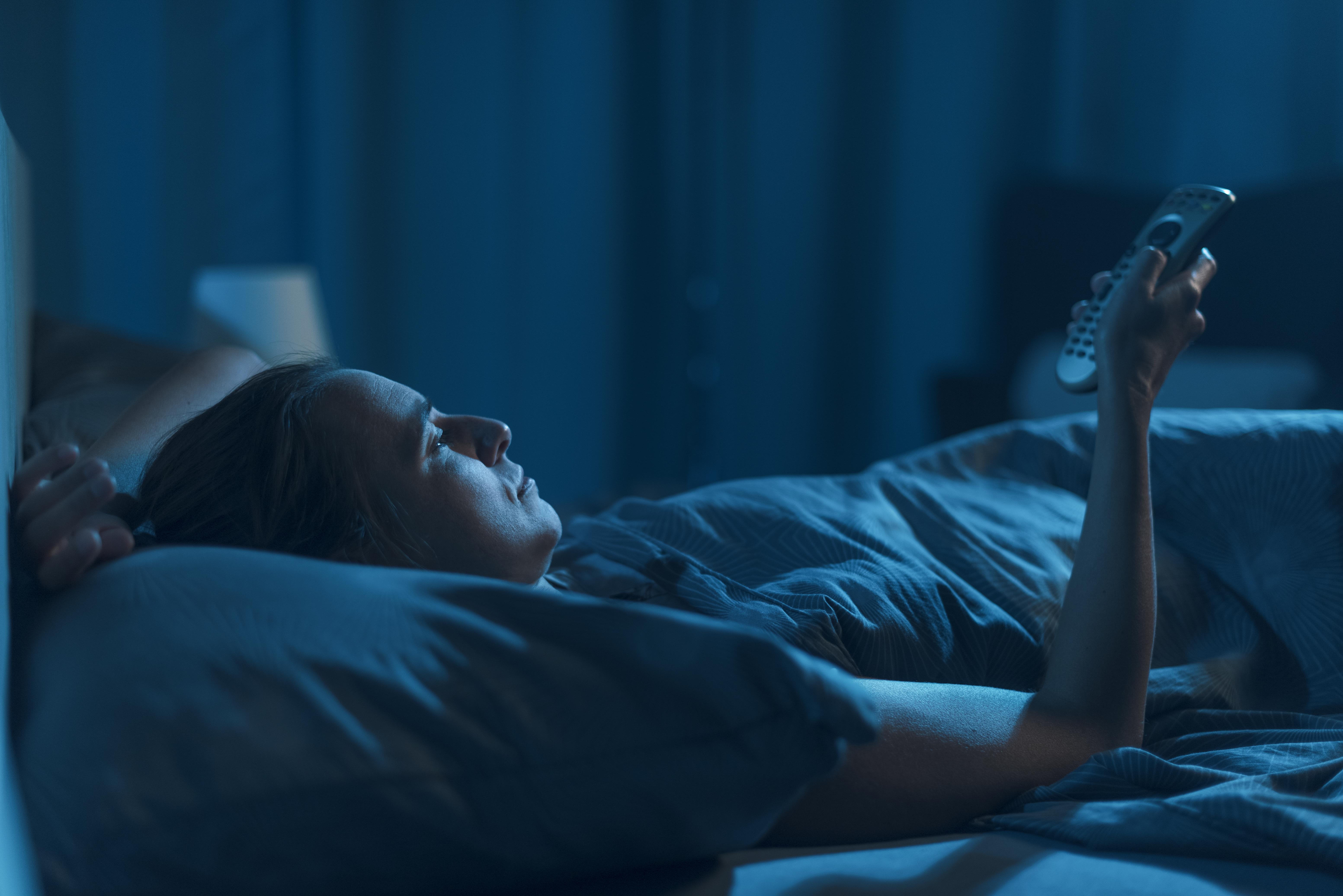Things You Should Never Do Before Bed
As the day winds down, many of us look forward to the comfort of our nighttime routines. However, not all bedtime habits are created equal. While some practices can lead to a restful night’s sleep, others might leave you tossing and turning, only to regret them when morning comes. In this article, we will explore 10 bedtime habits that might seem harmless or even beneficial at first glance but can have unintended consequences. Understanding these pitfalls can help you adjust your nightly rituals to ensure you wake up refreshed and ready to tackle a new day. Let's delve into these habits and uncover why they might not be as helpful as they seem.
1. Late-Night Snacking
It might be tempting to indulge in a late-night snack while watching your favorite show or finishing up some work, but this habit can disrupt your sleep cycle. Eating close to bedtime can lead to indigestion and acid reflux, making it difficult to fall asleep comfortably. Moreover, consuming high-sugar or high-caffeine foods can spike your energy levels, further delaying sleep onset. Studies suggest that the body's metabolism slows down at night, meaning those extra calories are more likely to be stored as fat. To avoid these issues, try to have your last meal at least two to three hours before bed and opt for lighter, healthier snacks if you must eat.
2. Screen Time Before Bed

In our digital age, it's common to scroll through social media or watch videos before bed, but this habit can interfere with your sleep quality. The blue light emitted by screens can suppress the production of melatonin, the hormone responsible for regulating sleep-wake cycles. This disruption can lead to difficulty falling asleep and a reduction in overall sleep quality. Experts recommend establishing a digital curfew, turning off screens at least an hour before bedtime. Instead, engage in relaxing activities such as reading a book or practicing mindfulness exercises to signal to your brain that it's time to wind down.
